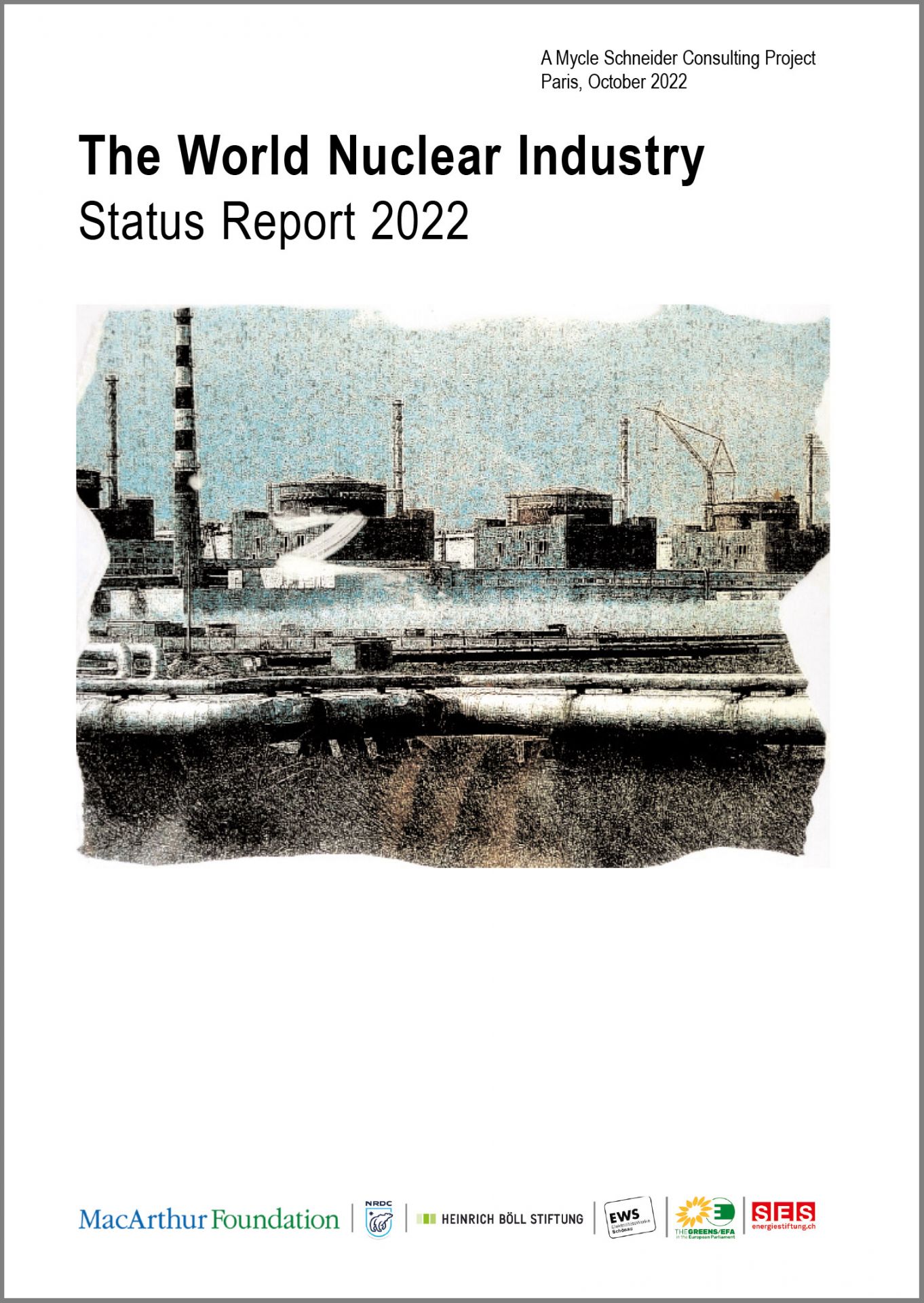Average electricity price and the impact of the European electricity crisis. (a) and (b) The colormap shows the average day-ahead spot market price for each bidding zone before and during the European electricity crisis. (c) The colormap shows the ratio of the average price during and before the crisis. In some bidding zones, the prices increase up to a factor of almost six. (Image: AIP)
A statistical analysis of the factors behind the 2021–22 energy crisis in Europe is the subject of the article “Patterns and correlations in European electricity prices,” published in the journal Chaos: An Interdisciplinary Journal of Nonlinear Science. The study—conducted by researchers at the Institute for Energy and Climate Research at Forschungszentrum Jülich and the University of Cologne, both in Germany, and the Norwegian University of Life Sciences—describes reasons for the surge in energy prices that go beyond the commonly cited cause of Russia’s invasion of Ukraine.
Rafael Mariano Grossi, the IAEA's director general, addresses the UN Security Council via video link on August 11. (Photo: IAEA)
Contradictory accusations concerning the artillery shelling of the Zaporizhzhia nuclear power plant in war-torn Ukraine continue to be made by the Ukrainians and Russians. Both sides have acknowledged several hits on the facility, including 10 artillery strikes on the plant’s administrative office and fire station on August 11. As the two countries blame each other for the attacks, independent authorities have been unable to verify the opposing claims.
Meanwhile, at a meeting of the UN Security Council, Rafael Mariano Grossi, director general of the International Atomic Energy Agency, warned that the situation was in “a serious hour, a grave hour.” UN secretary general António Guterres added that it could “lead to disaster.”




 A picture of the state of the global nuclear energy industry has been painted in a
A picture of the state of the global nuclear energy industry has been painted in a 

